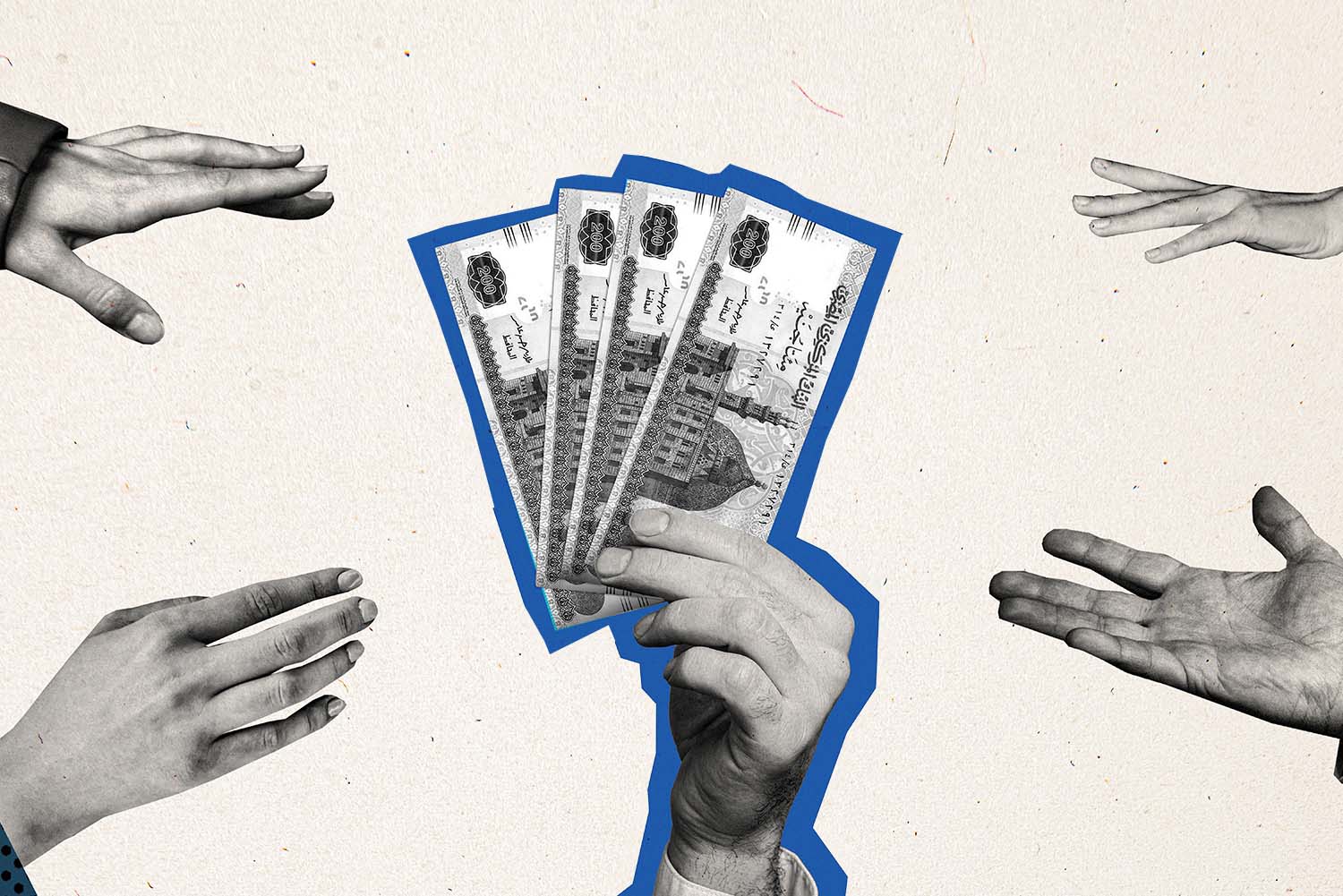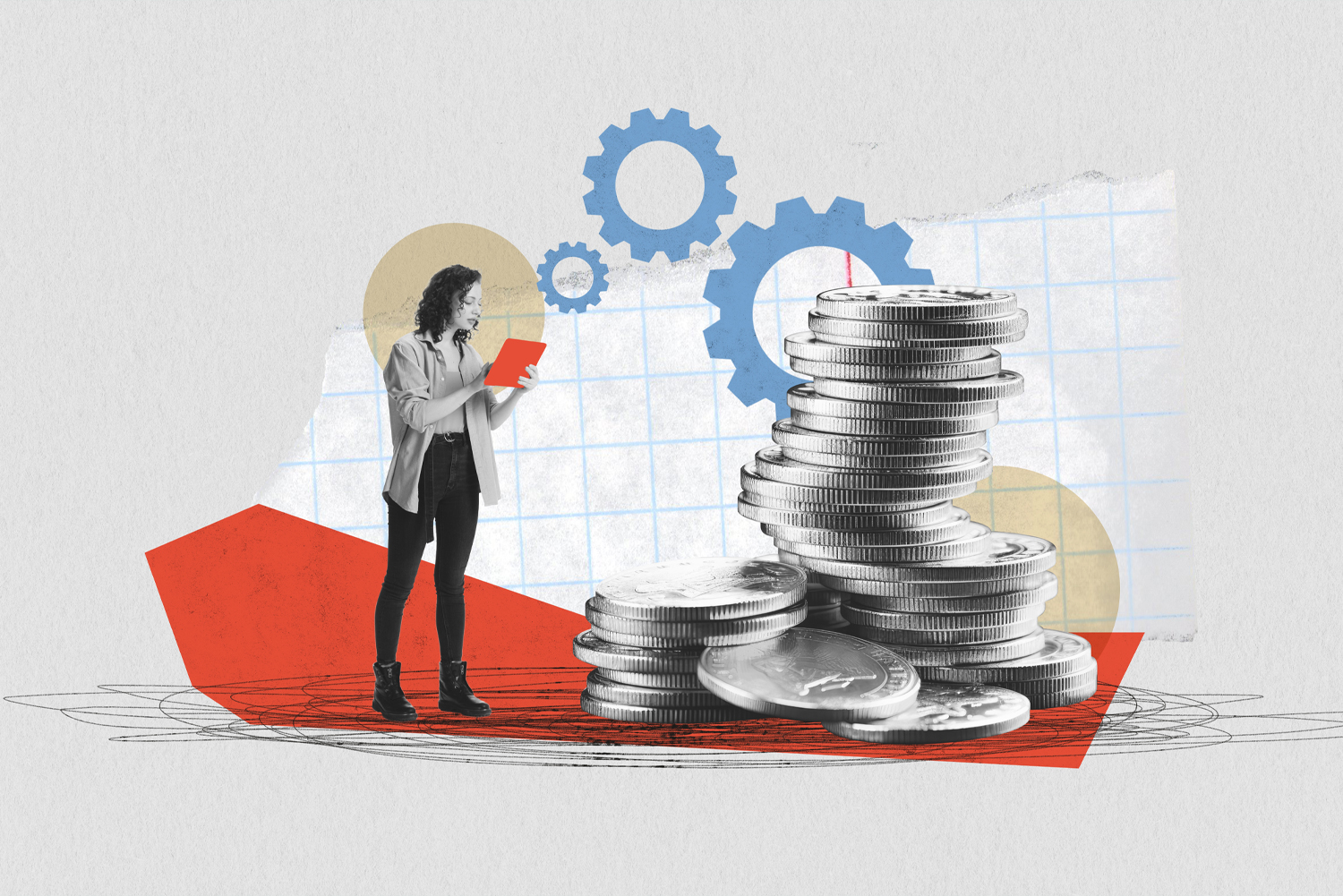Financial stress is a reality for many people. However, when not managed properly, it can become a hidden source of various mental and physical issues. While discussing financial stress and ways to avoid it, it's important to focus on young people, helping them develop a healthy relationship with money and learn personal finance and money management concepts. This not only helps them avoid financial pressures but also improves their overall well-being.
Achieving financial well-being is possible through education and personal effort, and it’s not tied to earning a massive salary or buying expensive things. The key lies in managing your daily expenses and having financial protection that provides a sense of security, allowing you to work toward your bigger financial goals while enjoying your life.
If you're facing challenges in managing your finances or just starting your professional journey, this article will take you through how money impacts mental health and the strategies you can use to achieve the financial wellness we all dream of.
The Connection Between Money and Mental Health
What is Financial Stress and how does It affect us? Financial stress is the anxiety and tension associated with money. This feeling can stem from everyday situations like not having enough money to cover basic needs, struggling to manage debt, or feeling incapable of reaching personal goals like buying a home or a car due to limited resources.
One of the most well-known financial planners has noted that money is one of the biggest stressors in life. When you’re stressed about anything, it affects your body and can lead to physical health problems like hormone imbalances that reduce your sleep quality and overall sense of well-being.
How Does Money Affect Our Behavior?
It might be surprising, but money influences human behavior. Researchers have conducted numerous studies showing that money significantly impacts our thinking and actions. For instance, one study found that people who drive expensive cars are four times less likely to allow pedestrians to cross the road compared to those who drive regular cars. Wealthier individuals also tend to cut off other drivers more frequently, which reflects a sense of superiority and entitlement.
Other studies have established a link between wealth and addiction. When considering human behavior, it's clear that money plays a significant role in shaping our thoughts, feelings, and actions.
The Impact of Financial Stress on Your Health
According to a study by Harvard University, more than half of young adults aged 18-25 report that financial stress negatively affects their mental health.
Our mental and physical health are closely connected. Struggles with financial issues or strained relationships can trigger a cascade of mental and physical health problems. Some of the most common effects of financial stress include:
- Anxiety and Depression
Constant worry about money can lead to heightened feelings of anxiety and depression, significantly affecting overall mental health.
- Insomnia and Sleep Disorders
Have you ever found yourself lying in bed, calculating how you’ll pay for car repairs or if you can afford a vacation this summer? A study by one of the largest academic institutions found that 87% of people suffer from sleep disorders due to financial worries, and one-fifth of those people said they’ve almost permanently lost sleep because of money-related anxiety.
- Physical Health Problems
Long-term chronic stress can manifest as physical issues like headaches, digestive problems, and a weakened immune system. The American Psychological Association explained that stress can impact all body systems and cause long-term issues in the heart, digestive, and nervous systems.
- Strained Relationships
Around 29% of people say money is the biggest challenge in their relationships. This isn’t surprising, considering how financial stress reflects negatively on relationships with partners, friends, or family. Money-related conflicts or lifestyle differences often lead to tension, and financial stress can cause people to act anxiously or irritably toward others.
- Decreased Job Performance
Financial stress can lower productivity and focus at work, which negatively impacts overall job performance. About 71% of employees report that financial stress affects their personal and professional lives.
- Reduced Social Interaction
People struggling with financial pressures may avoid social activities due to a lack of money or fear of embarrassment. A study revealed that 72% of participants skipped attending family gatherings, social events, or workplace functions because they couldn’t afford to attend.
- Negative Impact on Self-Esteem
Since money is often linked to success and self-worth, financial difficulties can make some individuals feel like failures, diminishing their confidence and self-esteem.
5 Strategies to Manage Financial Stress
Here’s the good news: financial stress is solvable, and anyone experiencing it can recover or at least learn to manage it. It all comes down to understanding and utilizing the tools that help you take care of yourself financially, reducing financial stress as much as possible. These tools include budgeting, saving, and taking advantage of health insurance. Here’s a plan to help you manage financial stress and improve your relationship with money:











